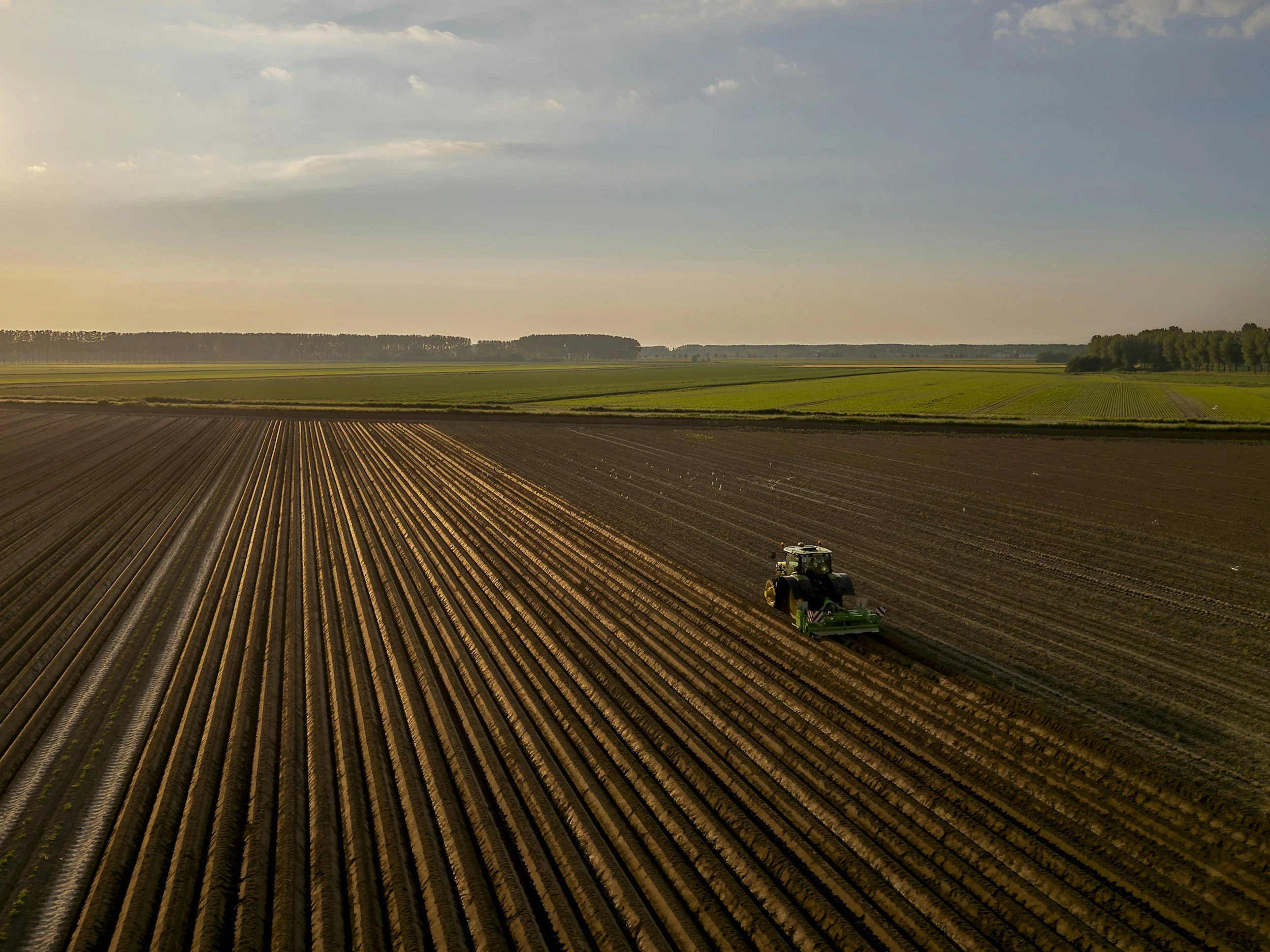
Farm Debt Mediation
The Farm Debt Mediation Scheme assists farmers and primary industry producers facing financial challenges. By facilitating conversations between farmers and creditors, the scheme aims to find fair and practical solutions before enforcement actions are considered. On this page you’ll find key information about the scheme and the farm debt mediation process. If you’re a Farm Debt Mediator, click here to navigate to your section.
How the Scheme Works
The Farm Debt Mediation Scheme is designed to provide a clear and fair process with practical outcomes for all parties involved to work through debt issues. Farmers and creditors can work through financial difficulties before enforcement action, such as the sale of farm property, takes place.
Under the Farm Debt Mediation Act 2019, secured creditors are required to offer mediation before taking any debt enforcement action against farmers and eligible primary production businesses. Farmers can also request mediation at any time.
The scheme aims to promote the long-term viability and resilience of farm businesses, contributing positively to the primary sector and supporting mental health and resilience in rural communities.
The scheme covers debts owed by a primary production business in connection with primary production activities. This includes loans secured against farmland, farm machinery and livestock, and harvested crops and wool.
Eligibility
The scheme is open to people involved in a primary production business. This includes any business that mainly produces unprocessed materials. This can be through agriculture, horticulture, aquaculture, or apiculture. It includes sharemilkers.
The scheme doesn't apply to lifestyle farming, forestry, mining, wild harvest fishing, or the hunting or trapping of animals. The scheme excludes any business that primarily provides materials or labour as a service to the primary sector.
Benefits of Farm Debt Mediation
The mediation process is designed to be:
Structured: Provides a clear framework for discussions.
Confidential: Ensures privacy for all parties involved.
Impartial: Mediators are neutral, with no vested interest in the outcome.
Benefits for Farmers
Mediation creates a safe space to have constructive conversations with lenders.
It helps balance out the power dynamic that can exist when dealing with creditors.
The process allows you to explore options for turning things around. If keeping the farm isn’t possible, mediation can also support a more dignified and managed exit.
Benefits for Creditors
The scheme provides a transparent and structured way to engage with farmers in financial difficulty.
It helps creditors demonstrate fairness and consistency in how they handle farm debt.
It can help build trust and constructive communication with farmers, making it easier to work towards practical solutions.
Benefits for Both Parties
Mediation gives you the chance to talk openly, be heard, and consider practical solutions before enforcement action is taken.
It can save time, reduce stress, and often avoid the cost and strain of going through the courts.
The scheme makes sure that only trained and authorised mediators handle farm debt cases. This means the process is professional, consistent, and focused on finding fair and practical solutions.
-
Either the farmer or creditor can request mediation, and a notice is served to start the process. Under the Farm Debt Mediation Act 2019:
Secured creditors must offer mediation before they can take enforcement action on a farmer who defaults on payments.
Farmers can request mediation at any time.
Requests and replies must be in writing.
Requests for mediation can be accepted or declined.
-
If the request to mediate is accepted:
the farmer selects three mediators from the authorised mediators list.
The creditor then contacts one of the mediators the farmer selected to check whether they are available.
If the mediator is available, they will start organising the mediation process. The mediator will send an invitation to mediate to both parties.
If the mediator is not available, the creditor contacts one of the others that the farmer selected.
-
Timeline
Once a mediator is confirmed, farmers and creditors have 60 working days to complete the mediation. This period starts when the invitation to mediate is accepted in writing. It can be extended if both parties agree.
Participating in good faith
It is important all parties in mediation take part in good faith.
Agreement
Where possible, a mediation agreement is produced at the end of the mediation process.
This sets out the agreed actions for management of the debt.
The agreement must be agreed to by both sides, and is binding.
If an agreement isn’t reached
It's possible that a mediation agreement won't be reached.
When this happens, the parties can apply for a determination on whether enforcement action can proceed.
If both parties mediate in good faith but there is no agreement then the creditor can apply for an enforcement certificate. This lets the creditor take enforcement action in line with the loan agreement.
Mediation Report
The mediator prepares a short report for MPI, confirming that the mediation process was followed.
This report is also available to the parties involved in the mediation.
-
The Farm Debt Mediation Scheme allows mediation to include tikanga principles. This should be discussed in pre-mediation meetings. It must be included in the mediation procedure agreement. This makes sure all parties agree on how mediation will be conducted.
A tikanga-based mediation process might incorporate and allow for:
Traditional customary practises such as karakia, pōwhiri, hākari and waiata.
Consensual decision-making, based on kōrero, ensuring the mana of the parties remains intact.
Collective or communal decision-making.
Multi-party participation in and attendance at mediation.
-
The average cost of farm debt mediation is around $6,000. Under the scheme, farmers and creditors share this equally, with a maximum farmer contribution of $2,000 ex GST. After this point, the creditor covers the remaining costs.
Farmers facing extreme hardship can apply for support through the Mediation Hardship Fund.
-
Creditor Declines
If a creditor declines a farmer's request for mediation, the farmer can apply for a prohibition certificate. This stops the creditor from taking enforcement action on the debt for six months.
After six months, the creditor will have to offer mediation before taking any enforcement action.
Farmer Declines
If a farmer declines a creditor's request for mediation, the creditor can apply for an enforcement certificate. This lets the creditor take enforcement action in line with the loan agreement.
The enforcement certificate has a duration of three years. The farmer cannot request mediation for that debt until the certificate expires.
The Mediation Process

Find a Farm Debt Mediator
Search our list of approved Farm Debt Mediators.
Information for Mediators
To provide mediation under the Farm Debt Mediation scheme, mediators must be formally authorised. AMINZ is one of only two organisations recognised by the Ministry for Primary Industries (MPI) with the authority to grant this authorisation. Mediators who meet the qualifications and competencies set by MPI can apply through AMINZ to be recognised as Farm Debt Mediators.
Become an Authorised Farm Debt Mediator
You must meet MPI’s competency and qualification standards.
Authorisation is granted by AMINZ (or other recognised body).
Once authorised, you can be added to the AMINZ Farm Debt Mediation list, used by farmers and creditors to find a mediator for the scheme.
Education and Training
We run four webinars each year, specifically focused on farm debt mediation topics. These are designed to keep you informed about the scheme, share insights from experienced mediators, and explore emerging issues.
We hold an annual Rural Dispute Resolution Day, where rural dispute professionals can get hands-on, practical experience, discuss case studies, and learn from peers. Participating in these opportunities also helps you maintain your professional standards, strengthen your skills, and earn CPD points.
Farm Debt Mediation Act 2019
The Farm Debt Mediation Act 2019 was enacted on 13 December 2019 and came fully into force on 1 July 2020. The Act was developed with input from farmers, lenders, mediators, and other stakeholders, and underwent public consultation before becoming law. It provides the legal framework for the Farm Debt Mediation (FDM) Scheme.
Scheme Implementation
The Ministry for Primary Industries (MPI) administers, promotes, and monitors the FDM Scheme. Its responsibilities include:
Evaluating the scheme and reporting on its outcomes.
Setting and updating rules and guidelines.
Approving Approved Mediation Organisations (AMOs), which accredit and oversee mediators.
Connecting farmers with mediation services.
Linking farmers to other financial support where appropriate.
Ensuring there are enough qualified mediators to meet demand.
Who we work with







